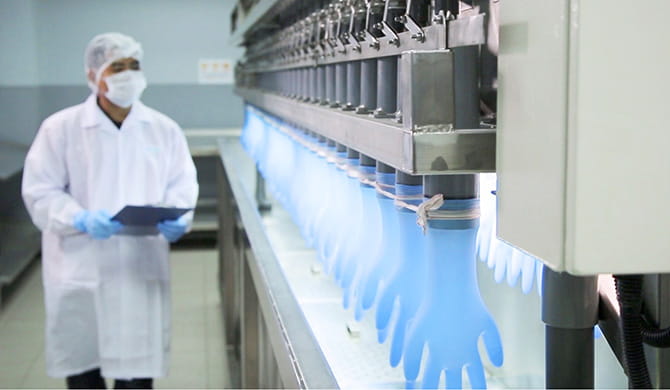Improved conditions in the value chain through local presence and long-term commitments
Several nations have enacted laws aimed at addressing substandard working conditions and environmental damage. Unfortunately, enforcement of these laws is not consistent. To ensure compliance with third-party manufacturers, we have our own audit team based in China.
The department conducts routine visits and audits, including unannounced inspections, to verify that all third-party manufacturers meet Asker's requirements. Since the establishment of the Shanghai office in 2012, they have conducted over 225 audits. These have resulted in significant improvements in workers' health and safety, reasonable working hours, and the implementation of robust systems to ensure that third-party manufacturers fulfill their social responsibility. Allen Fang is the Supplier Sustainability Manager and has been part of Asker's audit department since 2013. He has accumulated a wealth of knowledge over the years.

What is most important to consider when planning an audit?
It is extremely important to ensure that our audits are effective. We follow internationally recognized standards, and each audit is tailored to address risks specific to the facility or location being audited. Our team is trained in conducting audits according to SA8000, and we are responsible for ensuring that all audits are conducted correctly, followed up on, and escalated as needed.
What are the biggest challenges?
We constantly need to stay updated on new or amended laws and regulations. Sometimes, third-party manufacturers are not entirely transparent and conceal information about actual working hours or the real supply chain. Between audits, we spend a lot of time ensuring that they take action to address the issues we have identified.
Can you give an example of an audit where you found problems and the supplier then made improvements?
We conducted an audit in Pakistan where a third-party manufacturer had a four-story building with only one emergency exit for evacuation. Since a secondary exit was needed, we suggested they install an outdoor staircase, which they did on our next visit. Another example is a Chinese third-party manufacturer who hired a full-time Environmental, Health, and Safety (EHS) specialist to address these risks, as a direct result of poor findings in our audit. During an audit in Taiwan, we found that foreign workers from Indonesia had paid recruitment fees to the third-party manufacturer to be employed there. These fees were reimbursed to the workers.
When did you know you wanted to work with human rights and business ethics?
It was when I traveled to Malaysia for the first time ten years ago. I saw 30-40 migrant workers crowded into a small dormitory without access to their passports. There were significant opportunities to contribute to change, and although it takes time, improvements are happening. Over the past eight years, enormous changes have occurred, and much is now entirely different compared to before.
It is a significant advantage to have employees on-site in Asia to monitor and implement social standards at Asker's third-party manufacturers:
- Provides deeper monitoring through local knowledge of culture and conditions.
- Enables rapid local support and training and direct communication.
- Reduces language barriers.
- Facilitates concrete support in implementing and fulfilling social standards, as well as continuous access to expertise.
- Enables continuous monitoring.
Our Supplier Sustainability Auditing team is certified to the following standards
- SA8000 Lead Auditor
- ISO 14001 Lead Auditor
- ISO 45001 Lead Auditor







